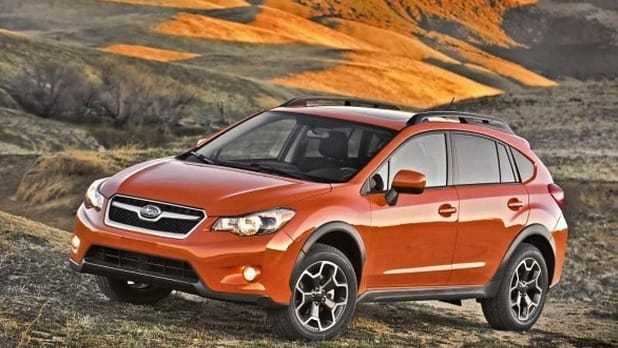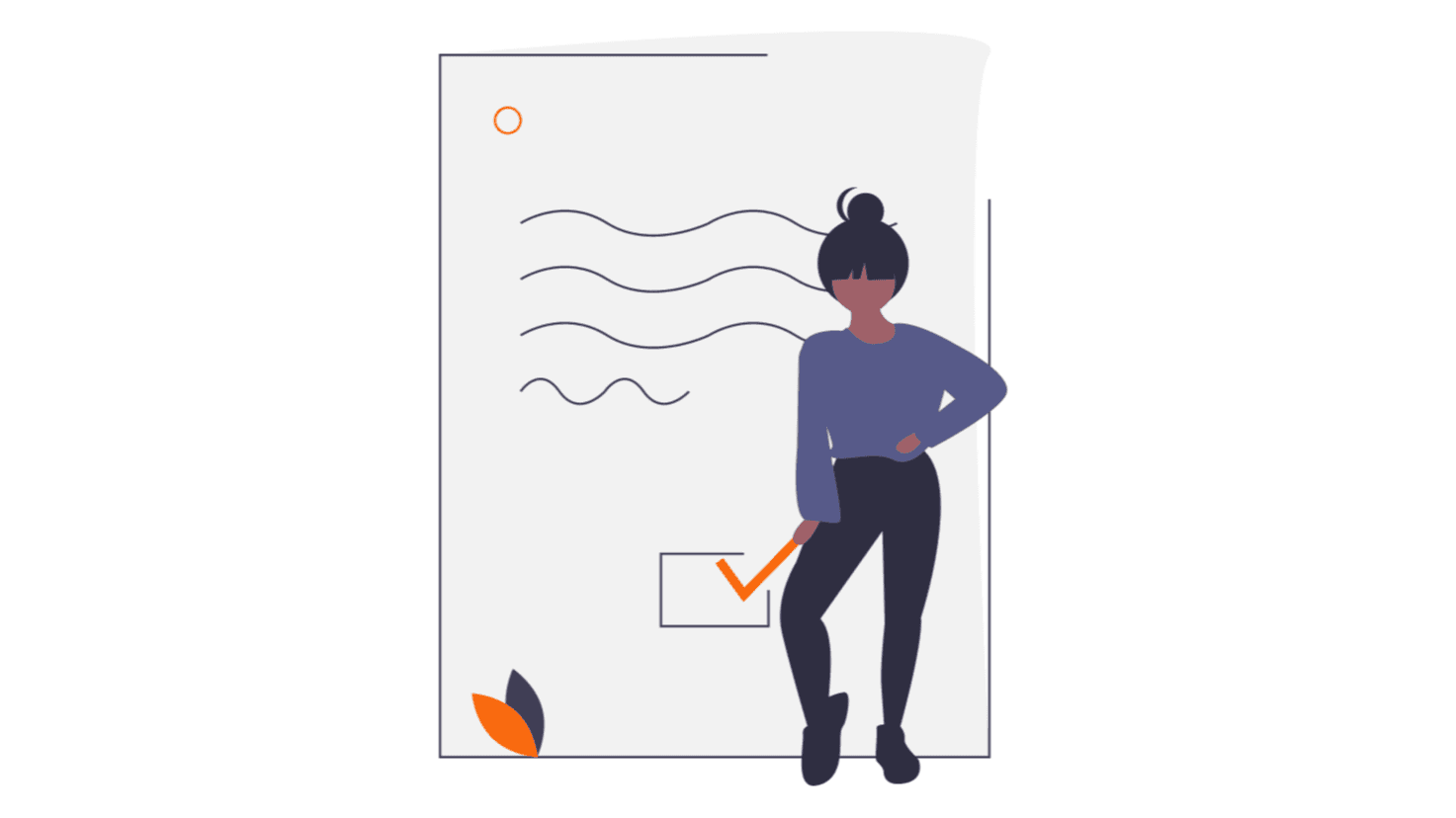VW Tiguan vs Audi Q3: A Comparison Guide to the SUVs

When it comes to getting a compact SUV, the choices can be overwhelming. However, for those seeking a combination of luxury, performance, and practicality, two models often come to mind: the Volkswagen Tiguan and the Audi Q3. Both SUVs are based on the same platform, but bring their unique strengths to the table.
We compare the VW Tiguan and Audi Q3 across multiple critical aspects, including practicality, performance, interior features, and overall value. You will find an overview over the general differences between the baselines of these two SUVs.
- VW Tiguan vs. Audi Q3: The Main Differences
- Practicality
- Performance and Driving Experience
- Interior and Features
- Costs of Ownership
- Conclusion
VW Tiguan vs. Audi Q3: The Main Differences
| VW Tiguan | Audi Q3 | gowago.ch Leasing New | from CHF 560/Month | from CHF 600/Month | gowago.ch Leasing Used | from CHF 330/Month | from CHF 400/Month |
|---|---|---|
| General | Practical, spacious, and cost-effective. Balanced driving experience | Compact, luxurious, and tech-focused. Sportier driving feel |
| Practicality | Ample storage and cubbyholes, generous rear head- and legroom, 520l cargo capacity, leading its class | Compact with less rear space, adjustable backseats for up to 410l cargo space, rear seating can be cramped if cargo space is extended | Equipment | Advanced safety technology, varies between standard and optional | Similar to Tiguan, with variations in what's included as standard | Interior | Ergonomic design, user-friendly infotainment, sober but practical cabin design | High-quality finish with premium materials, cutting-edge infotainment, sporty, comfortable seats | Driving Experience | Balanced and adaptable precise handling, smooth for city and highway | Agile, sporty handling, brisk power delivery, firmer ride but comfortable | Costs of Ownership | ~7.9 liters/100km (up to 9.6l under demand) | ~7.4 liters/100km (as low as 5l with mild-hybrid engines) |
Practicality
When considering a compact SUV, space and practicality are often top priorities. Here, the VW Tiguan and Audi Q3 present two distinct approaches, despite both being the same length at 4.5m.
The Tiguan shines in offering a lot of storage space with multiple cubbyholes. Passengers in the back will appreciate the generous head- and legroom, making long drives more comfortable. This makes the Tiguan an excellent choice for families or those who frequently travel with adult passengers.
In terms of cargo capacity, the Tiguan leads its class at 520l in the boot - a full 110l more than its competitor from Audi. This provides more than enough room for luggage, shopping bags, or outdoor gear. Its practicality is further enhanced by its flexible seating options, allowing you to adjust the space as per your needs.
The Audi Q3 is definitely more compact than its cousin from VW. The front cabin still offers enough space, be it with less storage possibilities. However, the back seats are not quite as spacious as in the Tiguan. You get adjustable backseats as standard, which, if needed, will allow you to increase the 410l boot space by an additional 100l.
But, beware, with the backseats pushed forwards, longer-legged passengers will find their seating to be rather cramped. If your priority is front-seat comfort and luxury in a more compact form, the Q3 is a strong contender.
Performance and Driving Experience
The Tiguan is designed to provide a balanced driving experience. It strikes a fine line between comfort and responsiveness, making it an adaptable choice for various driving conditions. The handling is precise, giving the driver confidence on winding roads, yet it remains smooth enough for comfortable city and highway driving.
The Tiguan's performance is robust, offering enough power for most driving scenarios, whether it be urban commuting or a family road trip.
The Audi Q3, on the other hand, leans more towards a sporty driving experience. It offers agility and a more direct handling characteristic that Audis are known for. The Q3 feels at home on twisty roads, providing an engaging and more fun-oriented drive than the Tiguan.
The power delivery is brisk, making it a joy for those who appreciate a more spirited driving style. While it offers a firmer ride compared to the Tiguan, it doesn’t compromise on comfort, striking a good balance for daily use.
Both cars output about the same amount of power, depending on the trim level. In any case, they have enough grunt to make motorway accelerations and uphill drives no issue at all.
Interior and Features
The Volkswagen Tiguan's interior is a blend of functionality and comfort. The design is focused on ergonomics, ensuring all controls are easily accessible and intuitive. In terms of technology, the Tiguan is equipped with a user-friendly infotainment system, providing essential features without overwhelming the driver.
The steering wheel lets you take control of nearly every available feature - but this also makes its handling a bit finicky and complicated at times. When it comes to comfort, the Tiguan can show off its ergonomic seats, nice steering wheel, but the somewhat sober design gives the entire cabin a very down-to-earth feeling.
The Audi Q3's interior is where luxury meets the latest technology. It boasts a high-quality finish with premium materials, giving it a more upscale feel than the Tiguan. The infotainment system is cutting-edge, featuring a sleek interface and a range of advanced features. However, this sophistication comes with a slightly steeper learning curve.
Nevertheless, the controls on the steering wheel are definitely more intuitive than the Tiguan’s. The Q3’s seats are extraordinarily comfortable and very nicely designed, giving it an air of sportiness in both feeling and looks.
Both cars offer a range of advanced safety technology, whether this is parking sensors and cameras, distance control, or cruise control. However, depending on which of these two you choose, the safety equipment might come as standard or as an optional extra. Make sure to check what is included.
Costs of Ownership
The Volkswagen Tiguan generally has a lower starting price compared to the Audi Q3, making it a more budget-friendly option upfront. This cost advantage extends to leasing options as well, where the Tiguan often presents more affordable monthly payments.
The Tiguan - from 330.- per month
Additionally, its maintenance and fuel efficiency are competitive, contributing to a lower cost of ownership over time. The Tiguan is a sensible choice for those seeking value for money without compromising on quality and space.
Depending on the engine, the Tiguan will consume around 7.9 liters per 100km - if you put your foot down, you will have to expect 9.6l.
Premium comes at a price - but not a massive one in this case. The Audi Q3, being a luxury compact SUV, commands a higher starting price, which is reflected in its leasing rates. While this means a higher monthly payment, the Q3 justifies its price with advanced features and a more luxurious interior.
The cost of ownership might be higher due to its premium nature, but for those who prioritize luxury and advanced technology, the Q3 offers compelling value.
The Q3 comes with mild-hybrid engine options, which will both spare your wallet and the environment. On average, it will use 7.4l per 100km, but can go as low as 5 liters.
Conclusion
The Tiguan stands out as a practical, spacious, and cost-effective option. It’s ideal for families or individuals needing ample space and a vehicle that balances comfort with versatility. With its lower cost of ownership and more affordable leasing options, the Tiguan represents excellent value for those seeking practicality and quality without a hefty price tag.
The Audi Q3, on the other hand, is for those who prioritize luxury, advanced technology, and a premium driving experience. It offers a higher level of interior refinement and cutting-edge features, albeit at a higher cost. If you are willing to invest in a more luxurious compact SUV and value the prestige of the Audi brand, the Q3 is an outstanding choice.
Ultimately, your decision will depend on what you prioritize in a vehicle. The Tiguan is a more upmarket yet practical choice, delivering on space and value. The Q3, while more expensive, offers luxury and advanced technology in a compact SUV package. Whichever you choose, both vehicles are sure to provide a satisfying driving experience.
We hope this comparison has been informative and helpful in guiding your decision. Remember, our leasing options are tailored to fit your needs, ensuring you get the best deal on whichever vehicle you choose.


